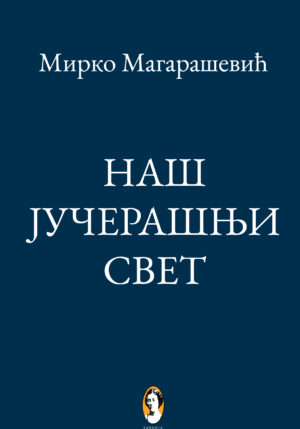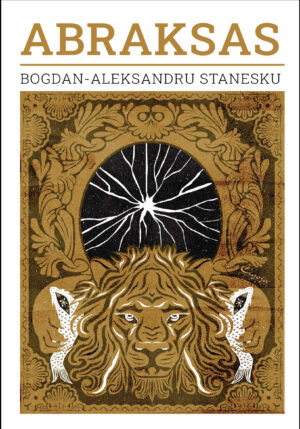1.540,00 RSD Originalna cena je bila: 1.540,00 RSD.1.232,00 RSDTrenutna cena je: 1.232,00 RSD.
| Autor | Dušan T. Bataković |
| Broj strana | 369 |
| Format | 23 cm |
| Godina | 2012 |
| Pismo | Engleski |
| Povez | Broš |
| Godina izdavanja | |
|---|---|
| Žanr | |
| Autori |





Rukopisna zbirka Jovana Frajta : fragment istorije instrumentalne gradske narodne muzike
880,00 RSD Originalna cena je bila: 880,00 RSD.704,00 RSDTrenutna cena je: 704,00 RSD.


825,00 RSD Originalna cena je bila: 825,00 RSD.660,00 RSDTrenutna cena je: 660,00 RSD.